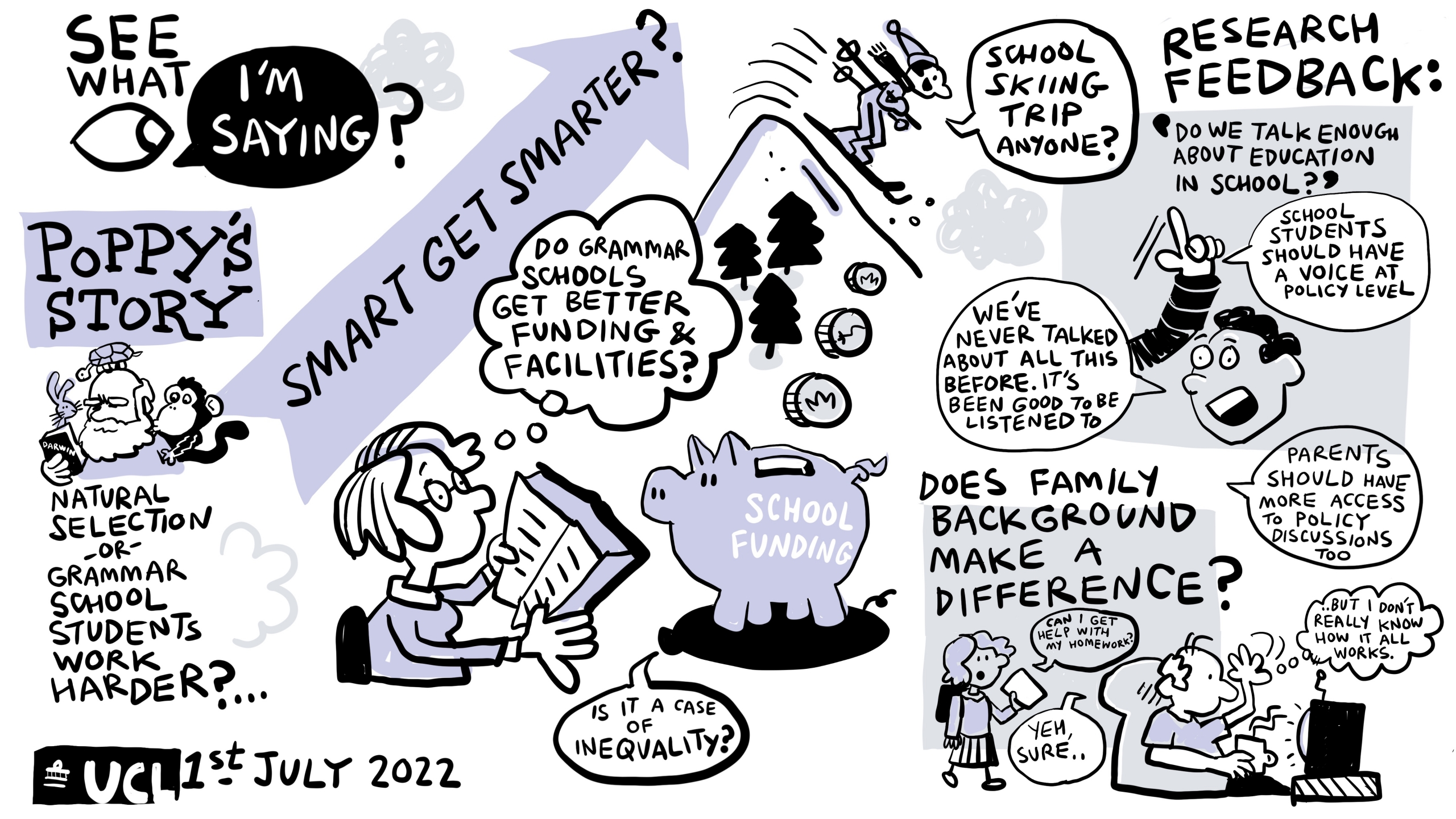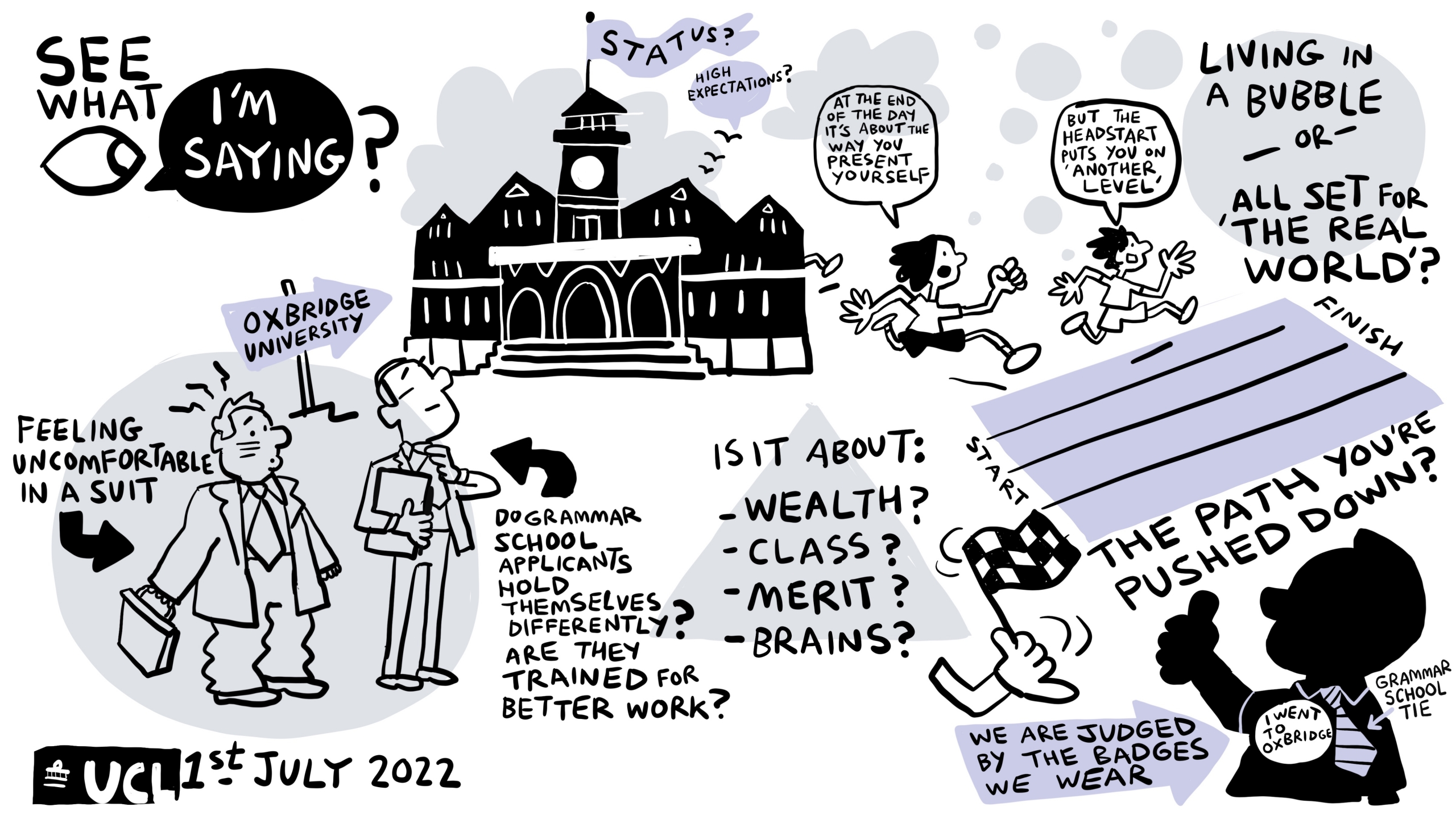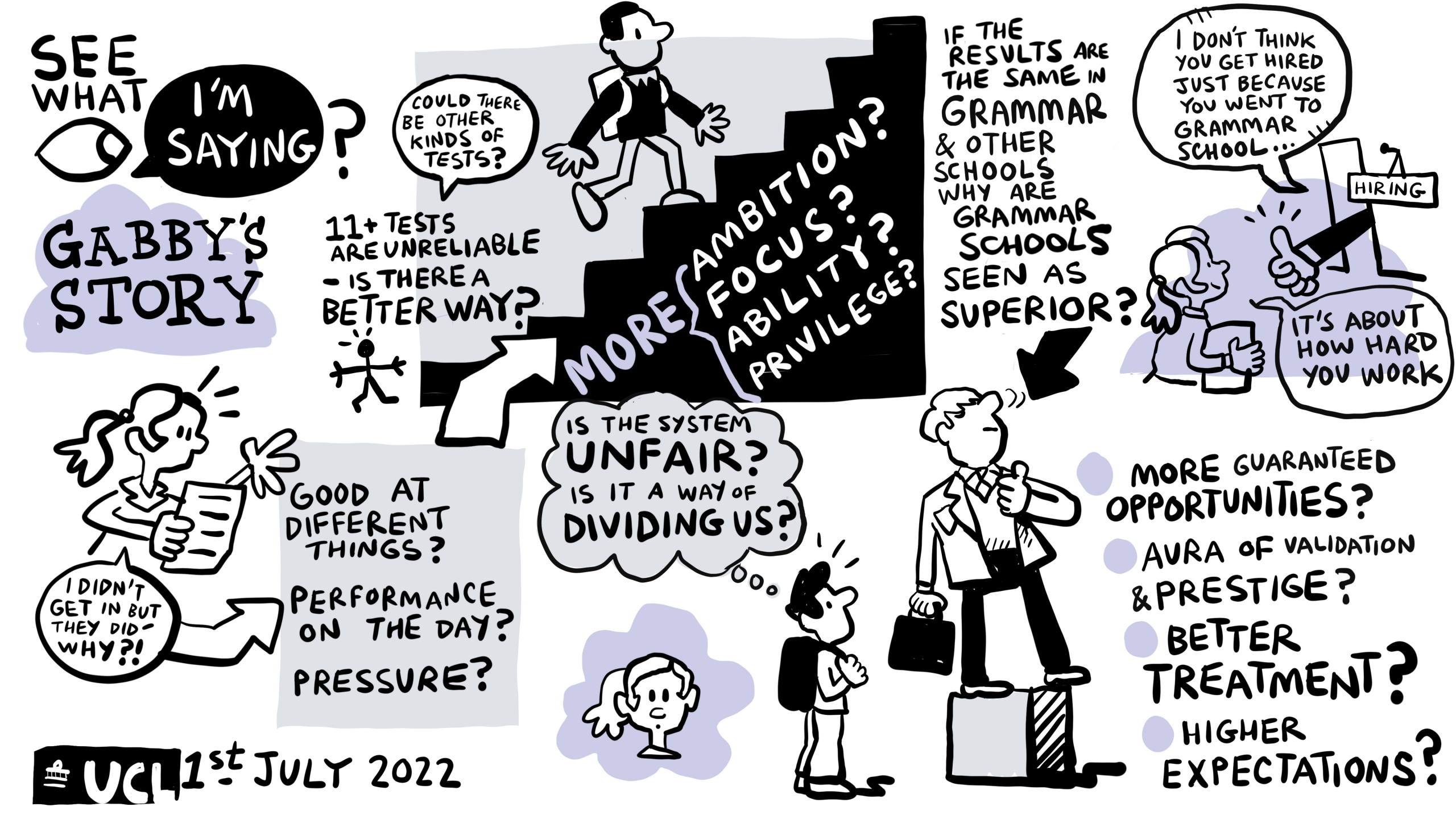For thousands of children and their families, the wait for 11+ results will come to an end within the next week. Unlike every other test or assessment undertaken by pupils throughout their time within education, the 11+ has only two possible outcomes: pass or fail. Although statistics can vary according to geographical location, a pass remains an outcome obtained by a minority.
This year’s 11+ results will also arrive at a time of increased political support for the lifting of the ban of new grammar schools. Such support is based on the supposed benefits these minority of pupils will receive from a grammar school education. A consequence of amplifying this experience of a minority is the silencing of the experiences of the pupils who fall into the majority group; those that take and fail the 11+. This majority are frequently disregarded within the discourse of support for an academically selective system despite constituting part of the system itself. After all, inherent within an academically selective system is the understanding that not every pupil can be selected.
My research has focused on this silenced majority and explored the lived experiences of pupils who take and fail the 11+. I spent time with pupils at a non-selective school within an academically selective area, hearing their stories about their lived experiences of being educated on the ‘other’ side of a selective system. The pupils spoke honestly and at times, very poignantly. They shared stories and opinions which both questioned and accepted the education system they were part of. These silenced voices presented fresh complexities to the often binarised framing of the academically selective ‘debate’. Such voices are significantly under-represented in both education policy and academic literature and therefore require amplification in order to support those in a similar situation and challenge those who seek to silence them.
One means of amplifying these voices was to make them visible. I presented some of the stories told to me by Gabby and Poppy (participants in my research) to a group of pupils in Years 9 and 10 of a different non-academically selective school in a selective area. These pupils discussed what they considered the stories to be saying and these discussions were ‘live-drawn’ by the artist Josh Knowles. The end results were the following images, all of which provide a means of seeing what pupils in a non-academically selective school had to say.
There are no easy answers to the difficult questions these images raise, but their very existence highlights that voices which have so long remained silenced have a lot to say about the education system they have encountered and the challenges such a system continues to present them with. The majority of children who receive 11+ results over the next week will not pass and will therefore become part of this silenced group. The challenge for all involved in the continuing ‘debate’ on academically selective education is whether they are prepared to listen to those who have previously gone unheard.
Francesca McCarthy is in the final stages of her PhD at IOE, UCL’s Faculty of Education and Society. Francesca’s research uses narrative and creative methods to examine the lived experiences of pupils who take and fail the 11+. Having been awarded an IOE Early Career Fellowship in 2022, Francesca is seeking to further extend her research in recognition of the value working alongside under-represented groups has for social justice. Should you require any further information about Francesca’s research, she can be contacted at francesca.mccarthy.18 @ucl.ac.uk or via Twitter @Francesca_McCy








